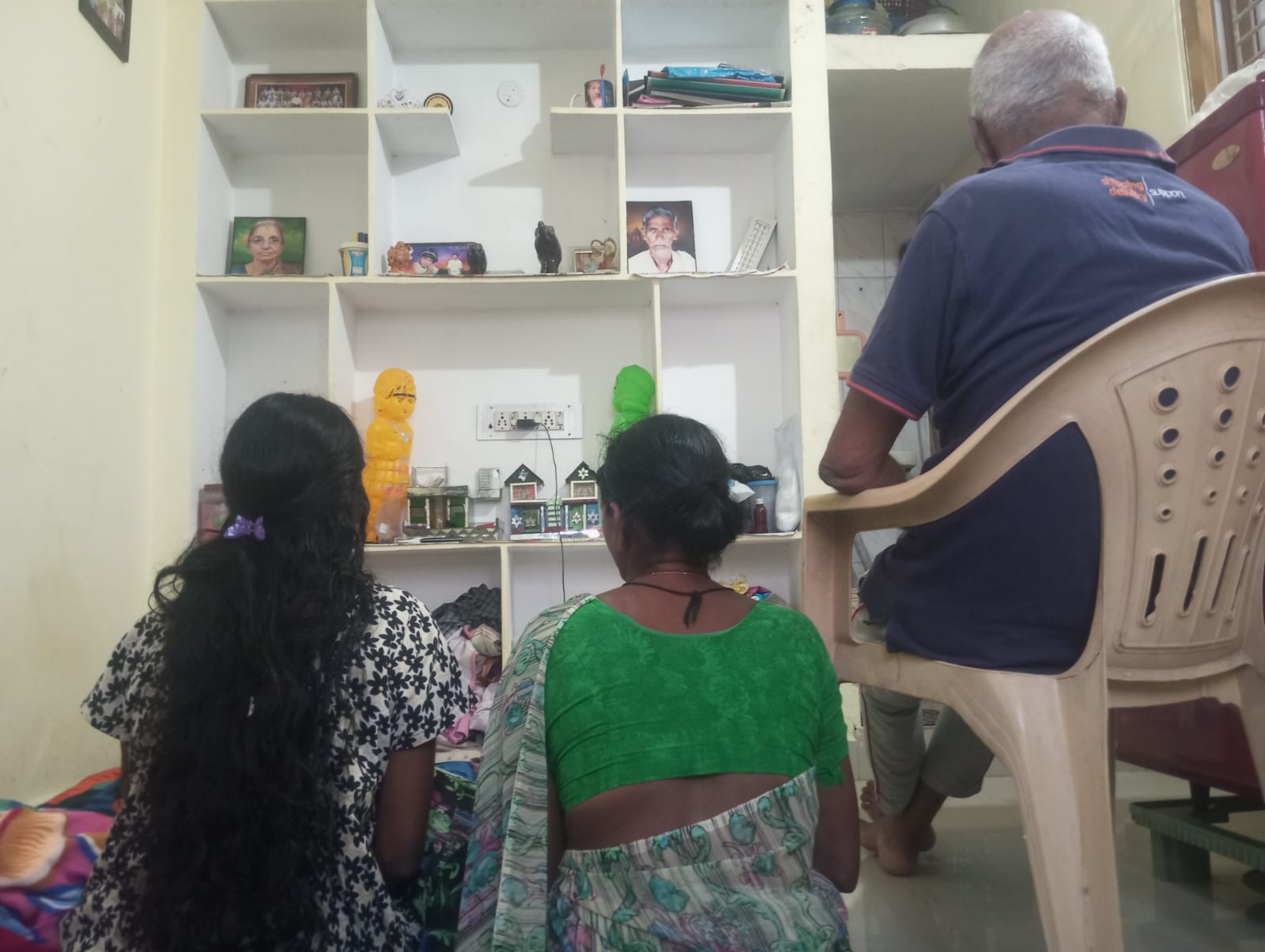
Suraksha (name changed) and her younger sibling come from a family facing extreme hardships in Mahabubnagar, Telangana. Despite her best efforts, their mother, a single parent living with HIV, struggled to make ends meet, and at one point even considered pulling Suraksha out of school so that she could help support the family.
Through a local social activist, when the Child Welfare Committee (CWC) in Mahabubnagar learned about Suraksha’s situation, she was placed in a Child Care Institution (CCI). Here, she was provided with a stable environment that allowed her to continue her education. When Miracle Foundation India’s team began facilitating the reunification of children living in institutional care with their families, Suraksha was also identified for reintegration.
Recognizing the family’s economic challenges, the team intervened not only by facilitating Suraksha’s education but also by working closely with her mother. They helped enroll her for the Widow Pension Scheme, through which she started receiving ₹1,000 per month, and linked the family to the Public Distribution System which helped them with monthly groceries. Further, to ensure her health needs were addressed, she was connected with Antiretroviral Therapy for her HIV treatment.
Through Life Skills sessions focused on parenting, family care, health and hygiene, and counseling sessions on the importance of education, Suraksha’s mother underwent a significant transformation in her perspectives. She gradually came to appreciate the value of her daughter’s education, understanding its role in shaping a brighter and more secure future.
In 2023, after a thoughtful reintegration process, Suraksha was smoothly reunited with her family. Today, Suraksha is in her Second Year of Diploma in Medical Laboratory Technology; she plans to secure a job in a medical hospital in Mahabubnagar or Hyderabad. With her income, she hopes to support her family’s financial stability, including her mother’s healthcare. She has become a role model for her younger sibling, who is now in the Grade VI.
Although the stigma surrounding her mother’s HIV status persists in the community, the team continues to work with local self-help groups and Panchayat representatives to connect the family with community support. Extended family members have already started assisting, helping the family gain some stability.
Inspired by incredible stories of transformation such as this one, we strengthen our resolve to champion family-based care and build meaningful community partnerships.
